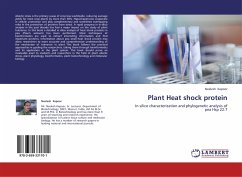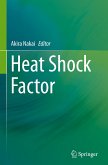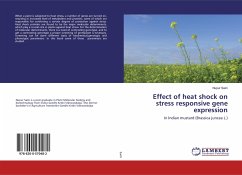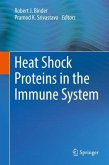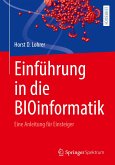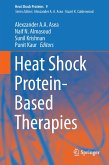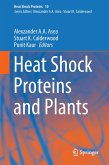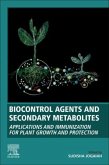Abiotic stress is the primary cause of crop loss worldwide, reducing average yields for most crop plants by more than 50%. Hsps/chaperones cooperate in cellular protection and play complementary and sometimes overlapping roles in the protection of proteins from stress. A rapid progress in in-silico analysis in the past decade has had a major impact on the study of plant tolerance. In this book a detailed in silico analysis of heat shock proteins in pea (Pisum sativum) has been performed. Most techniques of bioinformatics are used to extract interesting information and find important proteins. Information about pea small heat shock protein may allow researchers to more accurate and comprehensive understanding of the mechanism of tolerance in plant. This book follows the practical approaches in guiding the researchers, taking them through bioinformatics and its application in the plant system. This book should prove an invaluable asset to students and researchers in the field of plant abiotic stress, plant physiology, bioinformatics, plant biotechnology and molecular biology.

